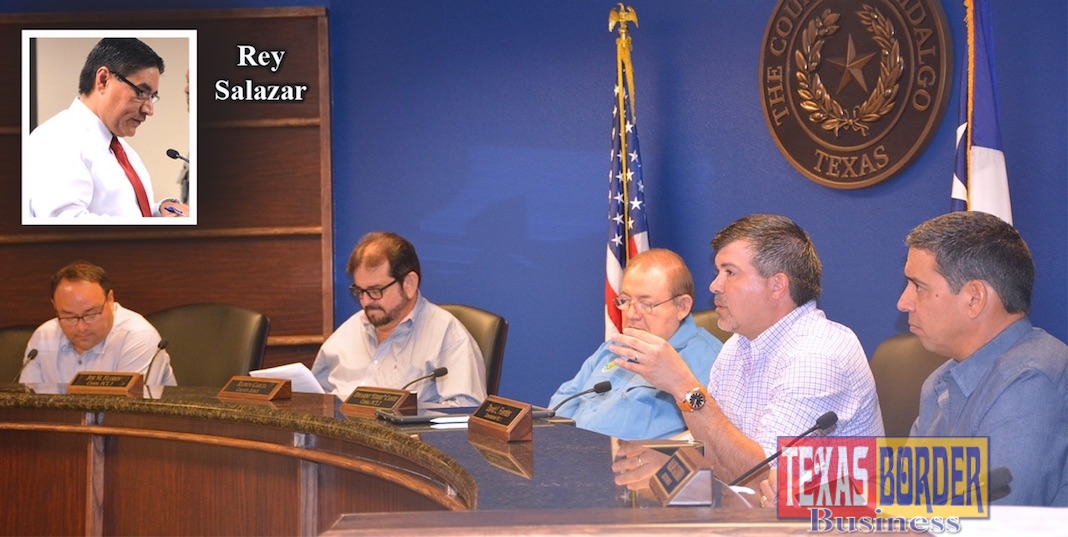
Cities don’t pay a cent for trash collection, County subsidizing rural citizens to the tune of $5 to $6 million
Texas Border Business
As originally published in Texas Border Business newsprint edition September 2018
Trash collection and disposal in rural areas has long been an issue for county leaders, who have labored to stop illegal dumping by working with rural residents to provide affordable options for the legal and sanitary disposal of trash, brush, bulky waste, and scrap tires.
Rey Salazar, Division Manager of Strategic Planning, reported that the request for proposals seeking to modify the existing solid waste practices was put out on July 28 with a pre-bid meeting attended by several vendors who asked more than 50 questions, and which prompted the county to extend the proposal due date.
“In a nutshell, we’re seeking proposals to understand and evaluate the fiscal implications this service will have not only on our budget but also its impact on the residents it will serve,” Salazar said, adding that the county initiated a similar proposal in 2012, which resulted in the implementation of the Solid Waste Permit Program.
While the program helped offset some of the cost of running the 13 collection sites, the fees generated only cover about $1 million of the $5- to $6-million annual expenditure, said Precinct 2 Commissioner Eduardo “Eddie” Cantu.
“Hidalgo County is looking to do what cities and other counties do,” Cantu said. “Cities don’t pay a cent for trash collection and we are subsidizing rural citizens to the tune of $5 to $6 million from taxes paid by all Hidalgo County residents.”
Even so, only 20 to 25 percent of the rural population participates in the permit program, said Cantu, adding that there is a significant population that does not utilize the county’s collection site, nor do they contract for curbside trash collection.
Precinct 4 Commissioner Joseph Palacios added that illegal dumping is a problem for which there is no simple solution.
“We have initiated everything that we could to combat the problem of illegal dumping,” Palacios said.
Precinct 1 Commissioner David L. Fuentes said the county will review all the proposals and options to determine the best solution for all concerned.
“We need to look at all options that are available to us,” Fuentes said. “We need to consider all factors before we decide how to move forward.”
Precinct 3 Commissioner Joe Flores said the county needs a new system, adding that one of the possibilities is splitting up the service among the four precincts.
“It’s not fair to residents who properly dispose of their trash that there are people out there dumping trash in our drainage ditches,” Flores said.
According to the Appraisal District, the county currently has over 63,000 rural households. Salazar estimates that 30 percent contract with local haulers for private trash collection and 20 percent has purchased solid waste permits.
“This tells us that approximately 50 percent of our rural population either takes their trash to the landfills directly, burns their trash, or illegally dumps it,” Salazar said. “This is our target population.” He added that the proposals submitted will be reviewed this week.
“What we are proposing to do in Hidalgo County is the same thing cities and other counties are offering their residents, which is solid waste collection and disposal service to include brush, bulky waste, and scrap tires at a reasonable price,” Salazar said. “We don’t want to put anyone out of business, just like the cities don’t want to put anyone out of business when they provide garbage collection services internally.”













